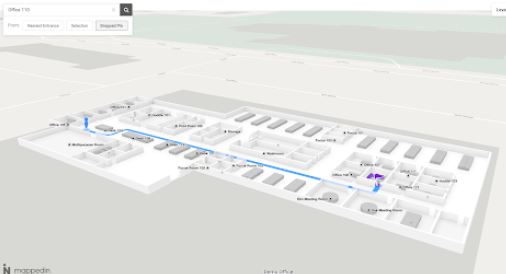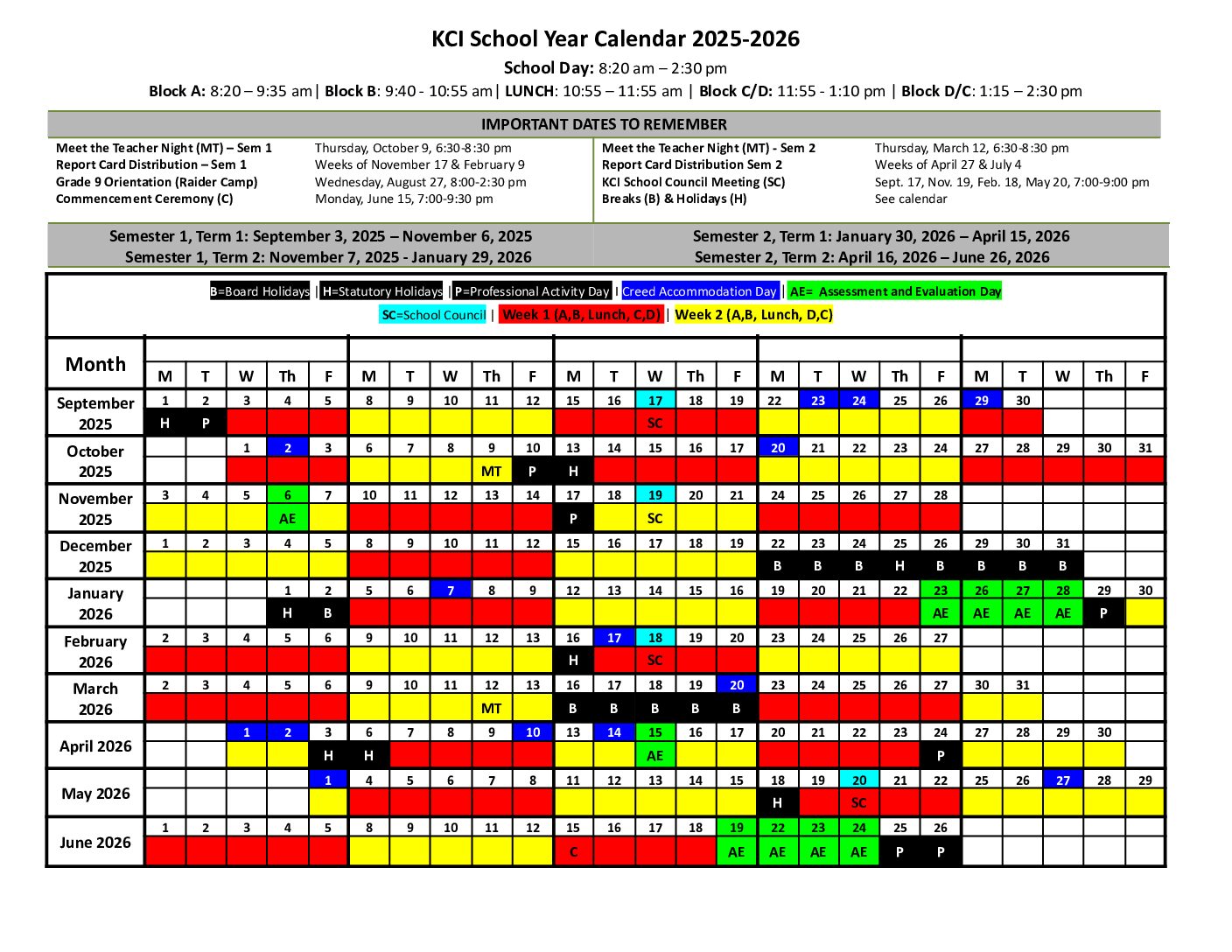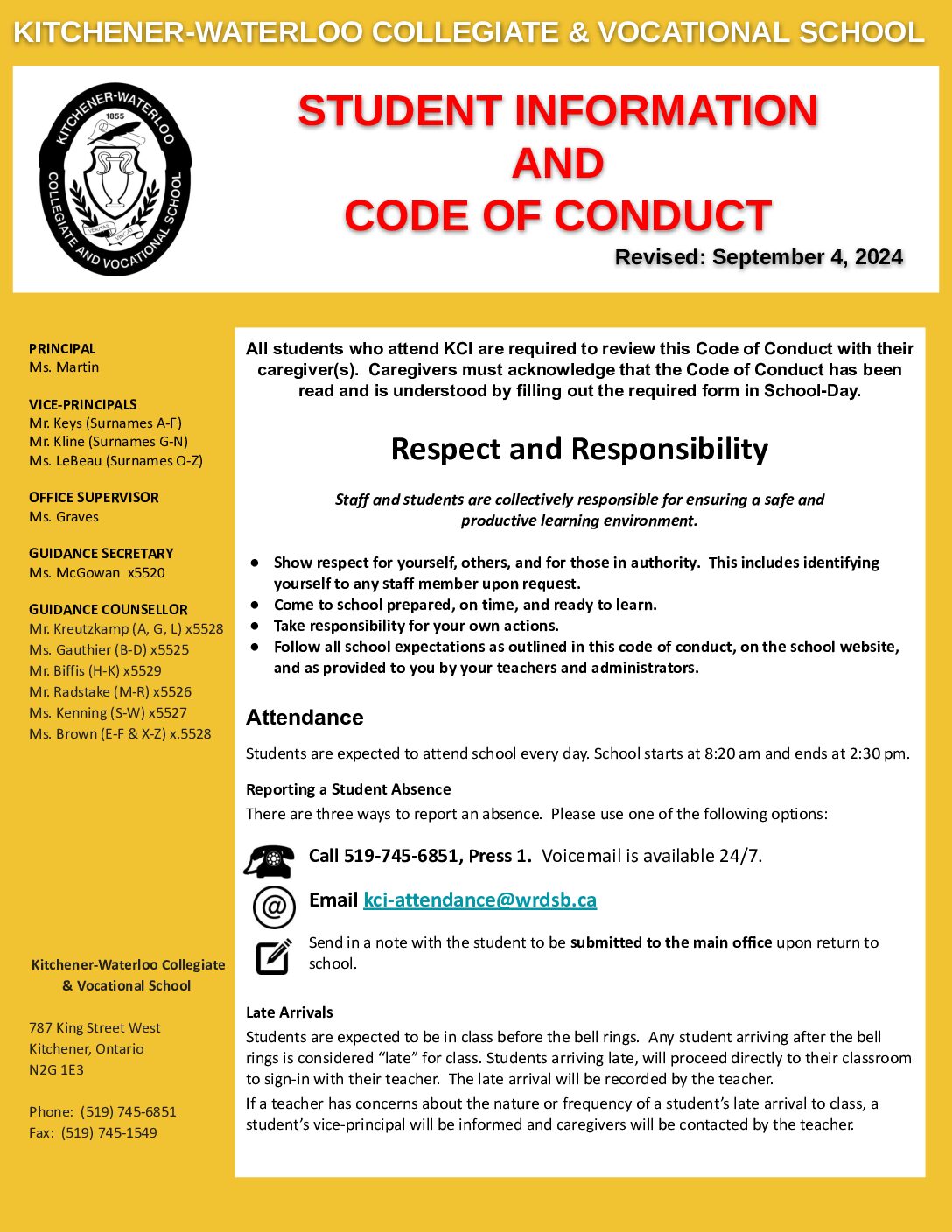
Overview:
Geography is everything. Each of us lives somewhere and is constantly interacting with other people and our surroundings. Geographic knowledge and skills are essential for us to understand the world around us. In other words, “What is where, why there, and why care?”
In the geography program at KCI, students will develop their spatial skills as they analyse information and data obtained from diverse sources, including field studies, aerial photographs, satellite imaging, various types of maps and graphs, geographic information systems (GIS), and digital representations.
Geography courses are organized into the following five strands:
Geographic Inquiry and Skill Development:
This strand highlights the geographic inquiry process and the spatial skills that students need in order to think critically about geographic issues relating to interactions within and between the natural environment and human communities in Canada.
Interactions in the Physical Environment:
This strand develops students’ understanding of how natural phenomena and events influence their daily lives. They will analyse the role of physical systems and processes in shaping the natural environment and the many ways in which the natural environment influences the types of human activity that take place in Canadian communities. Students will also analyse the effects that human activities, such as transportation, recreation, and industrial processes, have on the Earth’s physical systems and processes.
Managing Canada’s Resources and Industries:
In this strand, students will analyse issues related to Canadian resources and industries, and assess the impacts of consumer choices on resource sustainability. They will also investigate the growing importance of knowledge-based industries and human capital in our economy and assess the contribution of different industrial sectors to Canada’s export trade and economic performance.
Changing Populations:
In this strand, students will analyse trends in Canada’s population and assess the implications of these trends in local, national, and global contexts. Students will have the opportunity to analyse geographic issues associated with population demographics and settlement patterns and to assess strategies that could be used to address the economic, environmental, social, and political implications of an aging and increasingly diverse population.
Liveable Communities:
This strand focuses on the need for students to recognize how the infrastructure of a community can affect its liveability and its environmental, economic, and social sustainability. Issues relating to land use, urban growth, and human systems are analysed. Students will have the opportunity to develop strategies for making their community a more sustainable place in which to live.
Grade Nine
In the grade 9 geography program, students will develop their ability to apply both the geographic inquiry process and the concepts of geographic thinking. They apply this process and these concepts as they investigate geographic issues in Canada and deepen their awareness of interconnections between Canadian and global issues. These courses enhance students’ ability to act as responsible global citizens and environmental stewards.
Geography – CGC1WI / 1WF / 1WB
This course examines interrelationships within and between Canada’s natural and human systems and how these systems interconnect with those in other parts of the world. Students will explore environmental, economic, and social geographic issues relating to topics such as transportation options, energy choices, and urban development. Students will apply the concepts of geographic thinking and the geographic inquiry process, including spatial technologies, to investigate various geographic issues and to develop possible approaches for making Canada a more sustainable place in which to live. Prerequisite: None
Grade 11
Travel and Tourism – CGG 3OI / 3OB
This course focuses on travel and tourism as the vehicle for studying selected world regions. Using a variety of geotechnologies and inquiry and communication methods, students will conduct and present case studies that develop their understanding of the unique characteristics of selected world regions; the environmental, cultural, economic, and political factors that influence travel and tourism; and the impact of the travel industry on communities and environments around the world. Prerequisite: Any university or university/college preparation course in Canadian and world studies, English, or social sciences and humanities.
Grade 12
Canadian and World Issues – CGW 4UI
This course examines the global challenges of creating a sustainable and equitable future, focusing on current issues that illustrate these challenges. Students will investigate a range of topics, including cultural, economic, and geopolitical relationships, regional disparities in the ability to meet basic human needs, and protection of the natural environment. Students will use geo-technologies and skills of geographic inquiry and analysis to develop and communicate balanced opinions about the complex issues facing Canada and a world that is interdependent and constantly changing. Prerequisite: Any university or university/college preparation course in Canadian and world studies, English, or social sciences and humanities.



